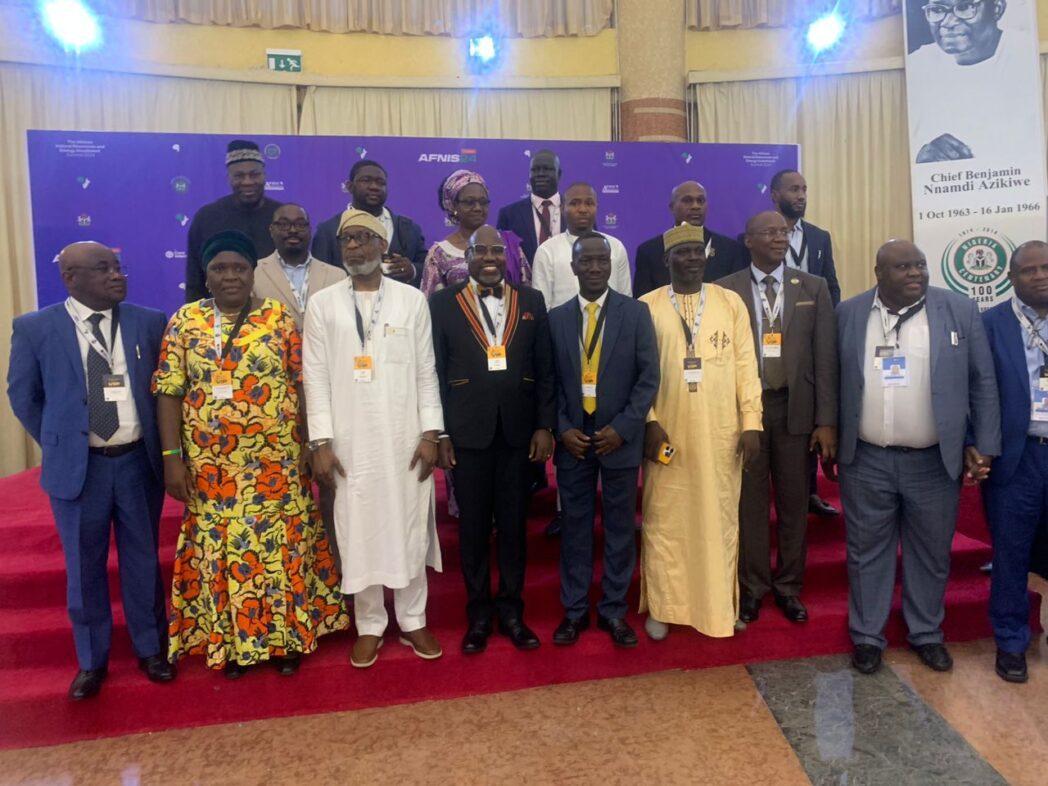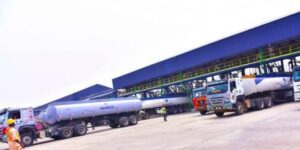


AFNIS: Minister canvasses for trans African mining trade routes
By Matthew Denis
The Minister of Solid Mineral Development, Dele Alake has called on stakeholders across the African continent to create the trans African mining trade routes.
Alake, who a few weeks ago emerged as the chairman of a mining pressure group which cut across most African countries, made the disclosure during the African Natural Resources and Energy Investment Summit (AFNIS) in Abuja on Tuesday.
The Minister stressed that “the era of carting away our solid minerals by the foreign countries is over, thereby, I’m charging countries on the continent to speak with one voice on value addition as a prerequisite for investment in the mining sector.”
According to him, “there is an economic scramble for Africa as the critical metals needed for the energy transition are in Africa so nobody will come to develop our continent for us as approaching new page is the way out.
He said, “Creating trans-African mining trade routes would boost economic development and trade between North and sub-Saharan Africa.
“These routes would increase the ease of transportation of minerals and resources between African nations by reviving and expanding historical trade routes like the Trans-Saharan trade.
“Enhancing regional integration and cooperation and expanding markets and investment opportunities thereby reducing transportation costs and increasing efficiency.”
The Chairman said that this route will promote economic diversification and industrialisation.
“It will increase Africa’s global competitiveness in the mining sector, encouraging the development of infrastructure and logistics, Fostering economic growth and job creation resulting in strengthening Africa’s position in the global mining industry.”
The Minister emphasised that by establishing trans-African mining trade routes, Africa can unlock its vast mineral wealth, promote regional economic integration, and drive economic growth and development.
He also addressed the issue of allowing foreign countries to conduct mining exploration. He proposed that they should be permitted to use their technologies to assess the mineral quantities in the soil, and then share their knowledge with us. This would enable us to benefit locally from their expertise and advancements in exploration.
The highlights of the session included extensive discussions with other African Ministers, stakeholders, and representatives from the private sector. The focus was on crafting decisions aimed at promoting opportunities for Africans to manage mining activities internally and ending the foreign exploitation of our resources.


